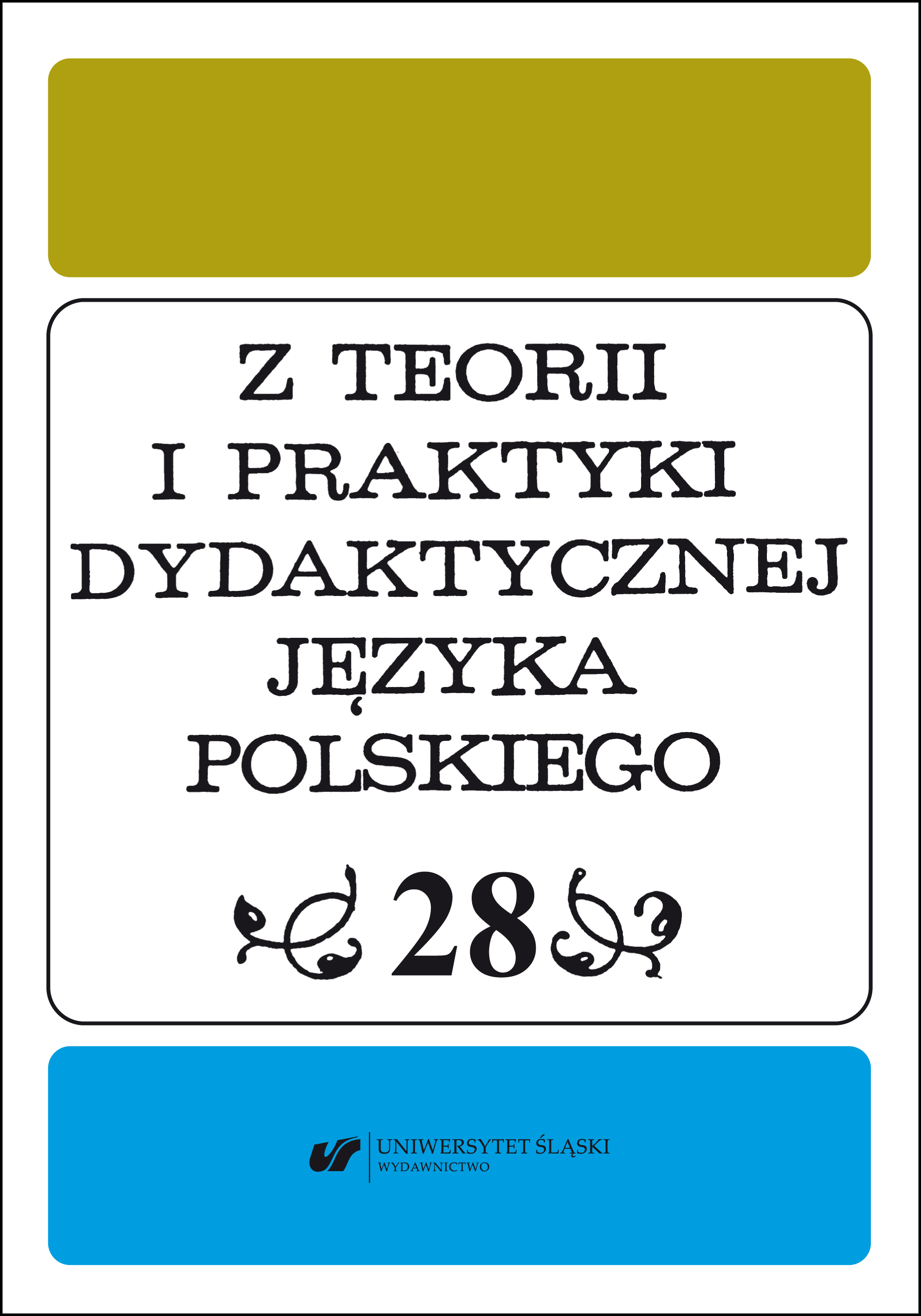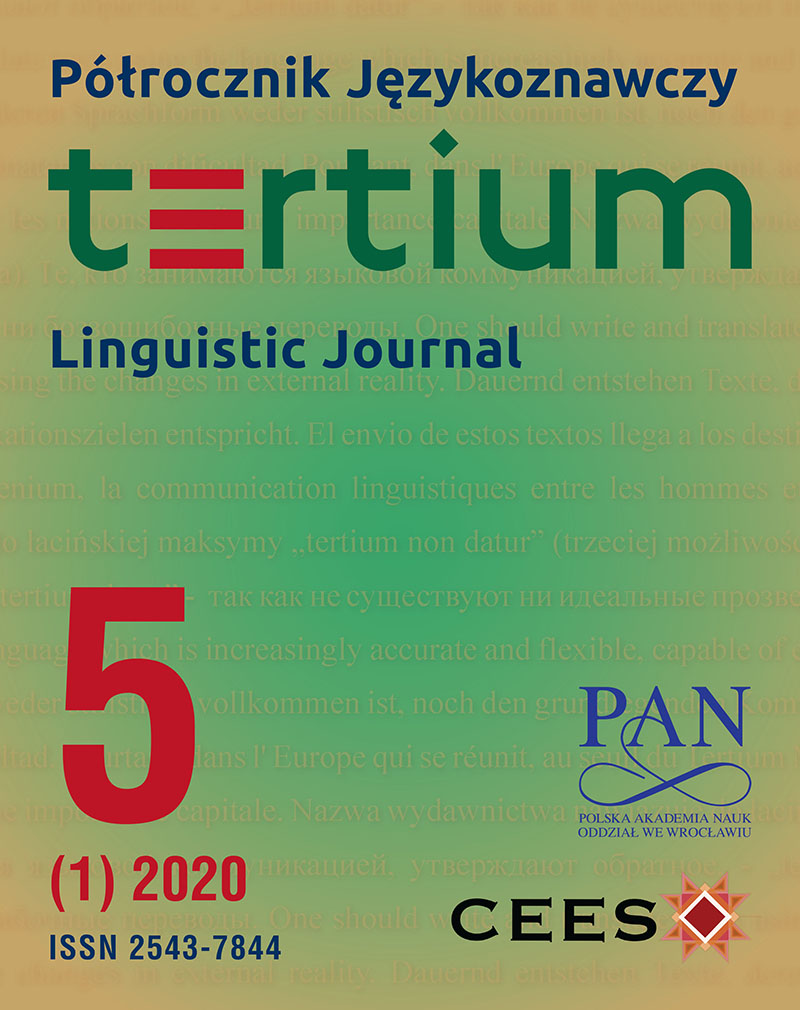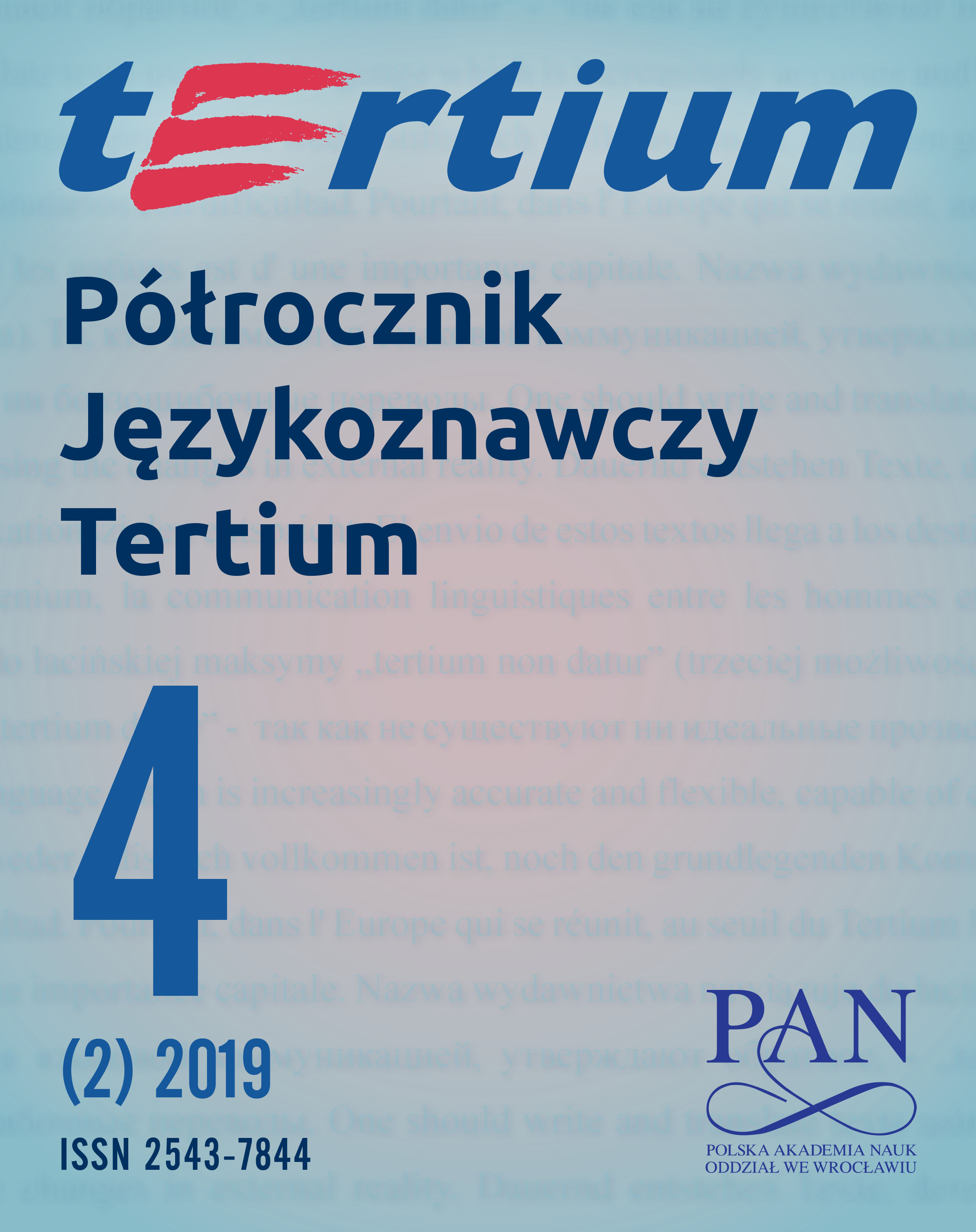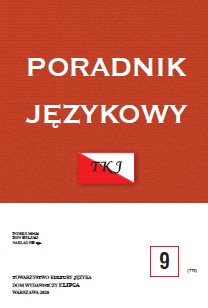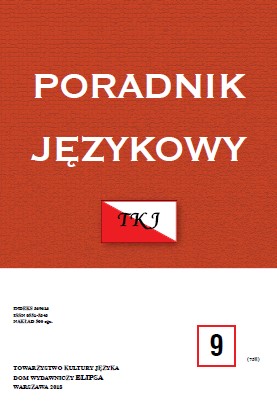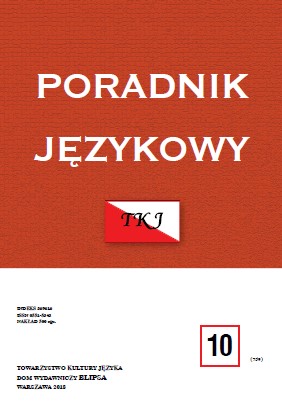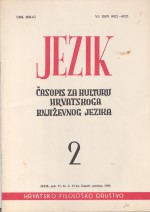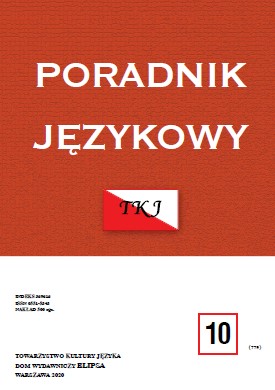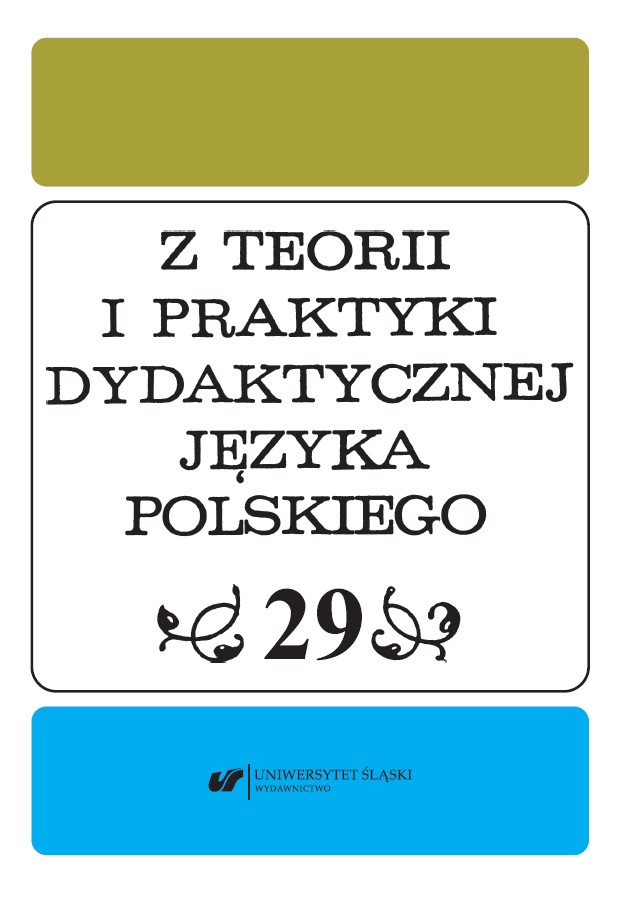
Lektura szkolna ucznia z ASD. Na przykładzie W 80 dni dookoła świata Jules’a Verne’a
The article discusses observations pertaining to one of the basic aims/objectives of education, namely: reception and analysis of a text read by students with ASD (Autism Spectrum Disorder) at the 2nd stage of their education, as well as the form of abridgement of the text (based on the example of Jules Verne’s Around the World in Eighty Days) to suit the needs and capabilities of special-needs students. The conclusions presented herein result from pedagogical observations conducted during many years of a Polish-language teacher’s work focused on students with ASD in one of Warsaw’s elementary schools. They point to the necessity of individual facilitation of the entire process of reception, analysis, and interpretation of the text read in order to meet the needs and capabilities of a particular student-reader. Selection of suitable text and the abridgement thereof to the level of a child with developmental disorder classified as ASD, must take into account the preceding diagnosis and special educational needs mentioned in a psychological and pedagogical counselling centre’s medical opinion.
More...
